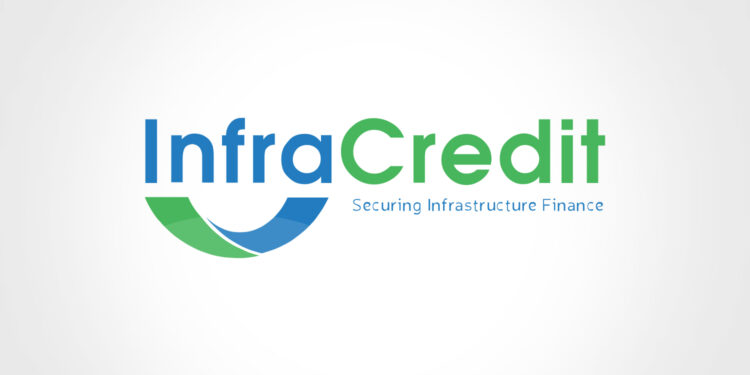Nigeria’s infrastructure finance landscape has undergone a quiet but significant transformation since 2017 with the creation of the Nigerian Infrastructure Credit Enhancement Facility (InfraCredit). The institution, set up through a partnership between the Nigeria Sovereign Investment Authority and the Private Infrastructure Development Group (PIDG), was established to provide guarantees in local currency, reducing risk for investors and enabling the financing of large-scale projects.
InfraCredit’s journey began with a USD 25 million contingent capital injection from GuarantCo, PIDG’s guarantee arm. This was further strengthened in 2020 when PIDG’s project development subsidiary, InfraCo, added USD 27 million in equity, boosting the company’s capital base and giving it greater capacity to provide long-term credit guarantees. With a stronger balance sheet, InfraCredit has been able to draw additional investment into Nigeria’s debt market.
As of December 2024, the institution has guaranteed 24 transactions valued at more than NGN 200 billion, drawing contributions from 21 domestic institutional investors. Pension funds—representing nearly 60% of the nation’s total pension assets—were the largest participants, contributing more than half of the investments. Other contributors included commercial banks, insurers, fund managers and trustees. Notably, InfraCredit-backed issuances achieved an average tenor of 11 years, well above the 3.2-year market average for bonds without guarantees.
InfraCredit’s support has opened doors to sectors such as renewable energy, off-grid power, logistics, telecommunications and transport. Many of these projects accessed long-term local financing for the first time, with some securing bonds with maturities of up to 20 years.
A milestone transaction occurred in 2019 when North South Power, with InfraCredit’s backing, issued NGN 8.5 billion in bonds, marking the country’s first corporate green bond and the longest 15-year corporate bond in the local market. Building on that success, the company returned in 2021 with a NGN 6.325 billion bond, this time without requiring a guarantee thanks to its enhanced credit standing.
Between 2017 and 2022, InfraCredit’s financial performance surged, recording a 1,000% increase in both net investment and net guarantee income. Its operations are guided by a development model centered on three goals: broadening the market for infrastructure finance, enabling longer-term capital access, and ensuring infrastructure translates into improved livelihoods. The impact has been tangible—over 1,000 small and medium-sized businesses have benefited, and more than one million people have gained better access to essential services. The facility aims to grow its portfolio to USD 500 million by 2026.
The Nigerian model has inspired replication elsewhere. In 2021, PIDG partnered with Karandaaz to establish InfraZamin in Pakistan, followed by the launch of the Dhamana Guarantee Company in Kenya with the African Development Bank in 2024. In early 2025, PIDG signed a Framework Agreement with Cambodia’s Credit Guarantee Corporation (CGCC) to strengthen domestic capital markets under the PIDG Credit Enhancement Facility initiative.
Further expansion is underway, with efforts targeting Vietnam, Ghana, and Francophone West Africa. In May 2025, PIDG deepened its partnership with the African Development Bank Group to unlock Africa’s untapped pool of savings—estimated at over USD 2 trillion—by creating de-risking tools that channel local currency capital into critical sectors such as energy, housing, and industrial development.
Against the backdrop of global economic volatility, InfraCredit’s model of mobilizing domestic institutional capital for long-term infrastructure investment is increasingly seen as a blueprint for sustainable growth in emerging markets.

